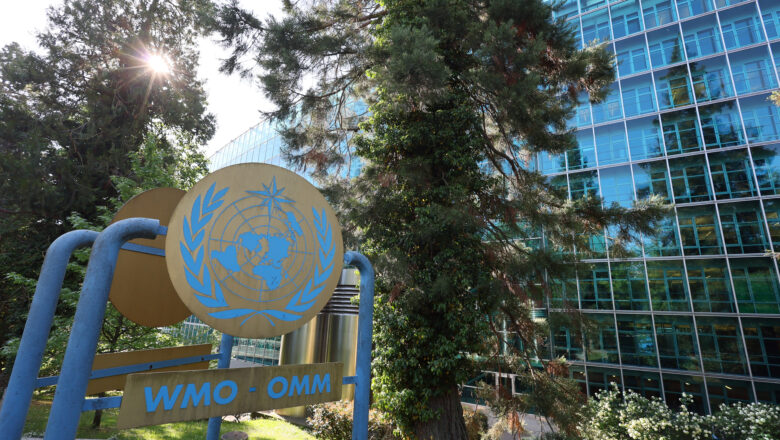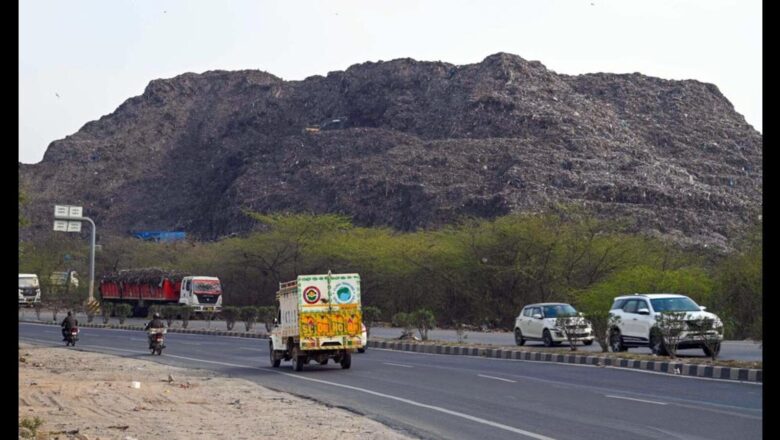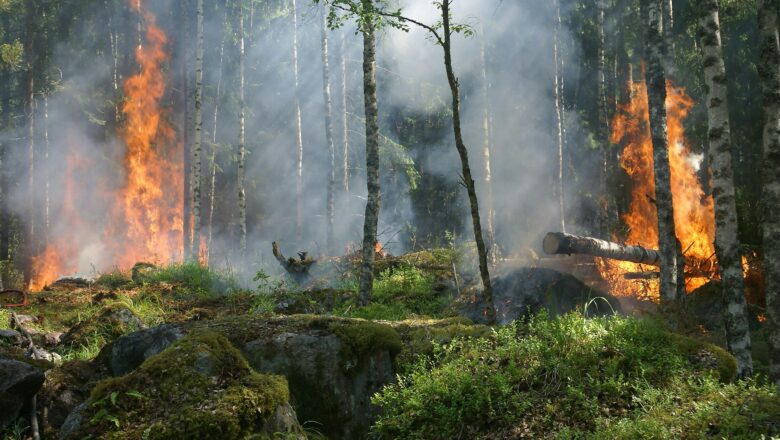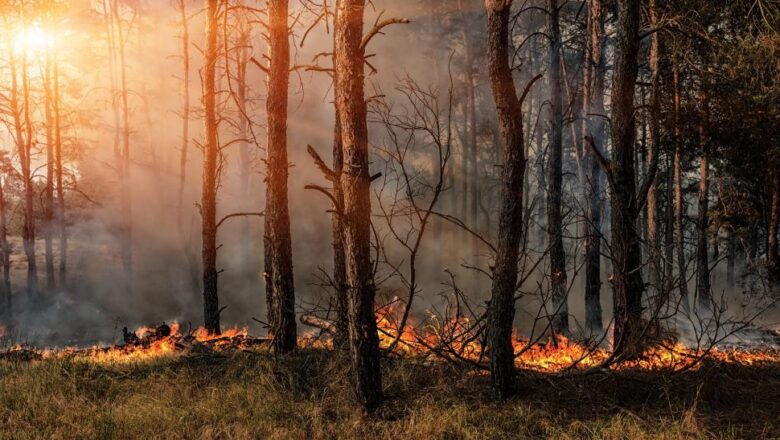
WMO Announced Return of La Niña and its Global Impact to Pacific Ocean
The World Meteorological Organisation (WMO) has announced that the La Niña phase of the El Niño Southern Oscillation (ENSO) phenomenon is likely to return to the Equatorial Pacific Ocean in September 2025. While La Niña typically has a cooling effect on global temperatures, the WMO predicts that overall temperatures will remain above normal due to the overriding influence of human-induced climate change.
What is La Niña?
La Niña is a climate pattern characterized by cooler-than-average sea surface temperatures in the Equatorial Pacific Ocean. This cooling alters global atmospheric circulation, impacting wind, pressure, and rainfall patterns in various regions around the world. The WMO states there is a 55% chance of La Niña conditions developing between September and November, with t...









